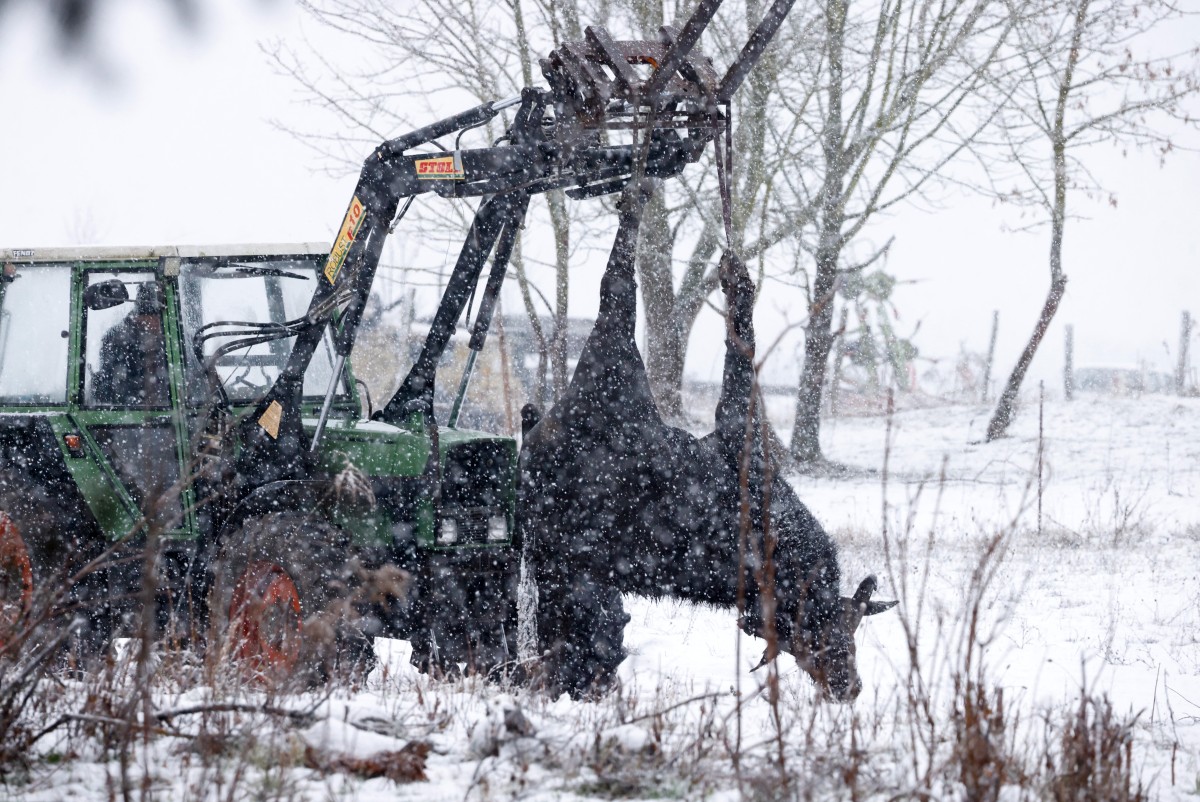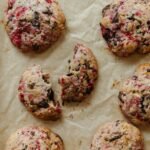Shorouk Express 
The British government has introduced temporary restrictions on travellers from European countries from bringing meat and dairy produce – even in sandwiches – into the country.
Since April 12th, anyone heading into Britain from the EU or EFTA countries (Switzerland, Norway, Iceland, Liechtenstein) has been unable to take meat from cattle, sheep, pigs, or goats, or dairy produce into the country for personal use.
Travellers heading to Britain have been sent warnings telling them they were banned from bringing in pork, beef, lamb, mutton, goat meat as well milk and diary products in for personal consumption.
This rule includes sandwiches, cheeses, cured meats or raw meats, according to official notifications from the British government – regardless of whether it is packed or packaged or whether it has been bought at duty free.
Anyone found with these items will need to either surrender them at the border or will have them seized and destroyed.
In serious cases, those found with these items run the risk of fines of up to £5,000 (€5,845).
Advertisement
The restrictions apply only to travellers arriving in Great Britain and will not be enforced in Northern Ireland, Jersey, Guernsey or the Isle of Man.
The measure has been introduced to prevent spread of foot-and-mouth disease after rise in cases across European countries – while Britain currently remains free of the disease.
In January, the UK government introduced bans on imports of cattle, sheep, other ruminants, pig meat and dairy products from Germany, in response to an outbreak of foot-and-mouth in water buffalo at a farm outside Berlin – the first instance of the disease in an EU country for several years, and the first in Germany since 1988 according to a Food and Agriculture Ministry spokesman.
Water buffalo have been in Germany since the 1990s, according to the Berlin state government, farmed for their milk and meat and used to control grass growth on fields.
Britain later added related products from Hungary, Slovakia and Austria to the restricted list as cases spread.
Foot-and-mouth disease is a contagious viral disease that affects cattle, sheep, pigs, and other cloven-hoofed animals such as wild boars and deer.
Advertisement
However, it poses no risk to humans, and meat and milk from infected livestock are considered safe to consume. Nevertheless, the British government has taken no chances and has included dairy produce in its ban, a step in common with previous restrictions.
A devastating outbreak in Great Britain in 2001 was later estimated to have cost the country more than £8billion. Six years later, more than 2,000 animals were culled to control the disease in the UK after an outbreak in 2007, according to the British government.
The country’s Farming Minister Daniel Zeichner said: “This government will do whatever it takes to protect British farmers from foot-and-mouth. That is why we are further strengthening protections by introducing restrictions on personal meat and dairy imports to prevent the spread of the disease and protect Britain’s food security.”
A limited amount of infant formula milk, medical foods, and some products such as chocolate, confectionery, bread, cakes, biscuits and pasta are exempt from the rules.













